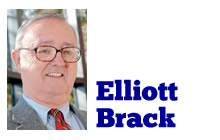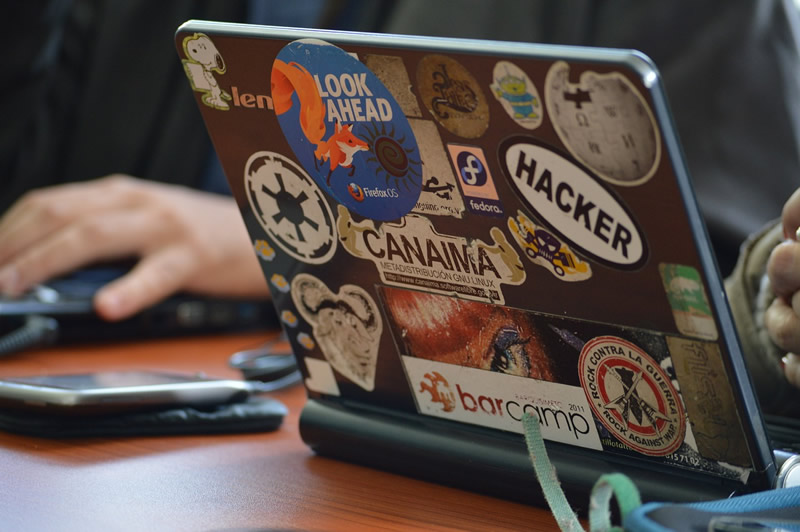By Elliott Brack, editor and publisher | What hath the Internet wrought?
That most marvelous of a new age at our fingertips is a force more fierce than we had thought. It is not just an information source, but appears to be much stronger a media than ever were pamphlets, newspapers, the telephone, radio or television.
 It exposes ideas to people not just in their hometown, but is capable of influencing people around the world, spreading ideas that may be correct, or not, or popular, or may even be harmful to everyone.
It exposes ideas to people not just in their hometown, but is capable of influencing people around the world, spreading ideas that may be correct, or not, or popular, or may even be harmful to everyone.
And perhaps the biggest hazard to all of us, social media is without supervision or editing, controlled by no one, and filling our minds with truths and untruths, switching fiction and fake news into published “facts,” and causing myriad problems. Suddenly everyone is their own publisher, whether qualified or not.
One reason for this is that up to now, most media was somewhat controlled. Though you could say certain words over the telephone, a network was supervising it, as was the case of radio and television.
For years people trusted newspaper stories, which were backed through layers of fact checking and editing to make ideas clearer and understandable.
In effect, local newspapers were believable because people knew their editor and publisher, and trusted them. On air hosts like Walter Cronkite had a certain credibility that built a similar trust. Even blabbermouths like Doctor Phil or Rush Limbaugh had their following, with people accepting what they said.
Yet the credibility that standard media outlets have worked so hard to protect and defend is in the minds of many people automatically passed on to these new-age social media platforms. While they have not earned their stripes in credibility, many people assume that their many pronouncements are true. This can lead to misunderstandings if not downright false conclusions.
Only now are we beginning to realize that not all of these social media are trustworthy. While most standard media try to be objective in what they print or report, not all social media prescribes to this. Some are spouting virtual propaganda and false information, we have come to know. Many of them have their own perverse agendas, though they may not be up front in telling you their agenda beliefs.
It’s happening right at home. Social media platforms have become tools of bullies for teenagers. Some sprout false information. These same platforms have led to overthrow of entire governments. The problems caused by social media are very local, and very worldwide at the same time.
What can people do?
Who can answer this? We want to protect our freedoms, and don’t want any governmental agency to be a czar as to what people listen to, or watch, or think or participate in. Yet to allow social media pronouncements to go forward as they have developed is no answer.
It worries many that so many people are hooked on social media like a feeding tube. They constantly check their emails, their Twitter, their Facebook, to tell us their everyday activities, which often are not significant at all. But many are also hooked on public platforms, believing everything they read on them, and getting lost in the world of simple trivia.
When will people learn to moderate their social media, and get on with life without reading of friends everyday habits, or believing some far-off thinker trying to change the world?
Hopefully, someone will find a solution and surprise us, much as Google itself dumbfounded us with its introduction.
Indeed, what hath the Internet wrought?
- Have a comment? Send to: elliott@brack.net










Follow Us